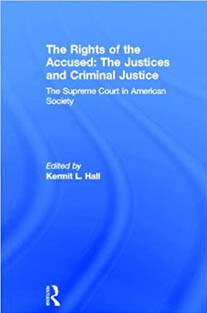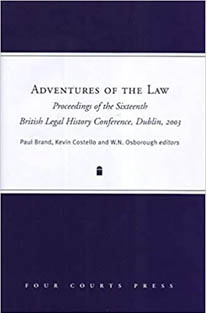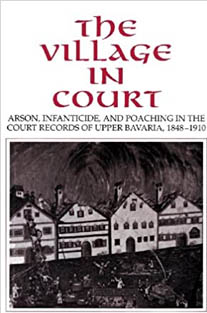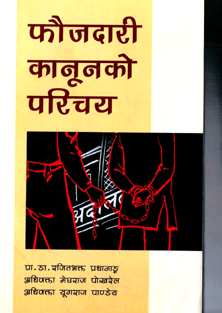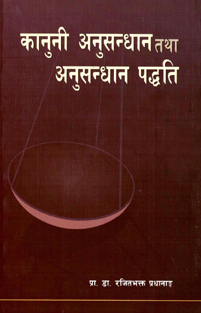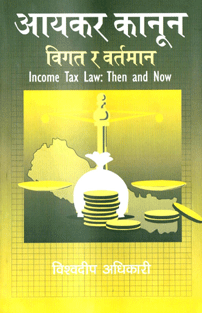Description
The rural village of nineteenth century Europe was caught in a conflict between its traditional local culture and its integration into new state institutions and modern social structures. Local practices were turned into crimes; the social meaning of crime within the village culture was redefined by the introduction of bourgeois penal law and psychiatry. The language of the intruding agencies has created, through a wealth of written documentation, an image of village life for the outside world. Criminal investigations, however, had to be based on interrogations of the villagers themselves, and it was through this questioning process that their own views, language, and symbolic gestures went on record. In this book, first published in 1994, Schulte provides an interpretation of village power structures, gender relations, and generational rites of passage in Upper-Bavaria through a close examination of the proceedings before the penal courts of Upper-Bavaria for the three most important types of rural crime: arson, infanticide, and poaching.

